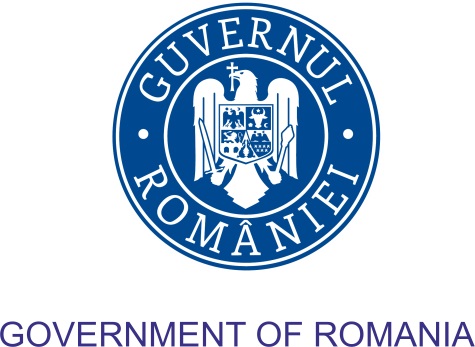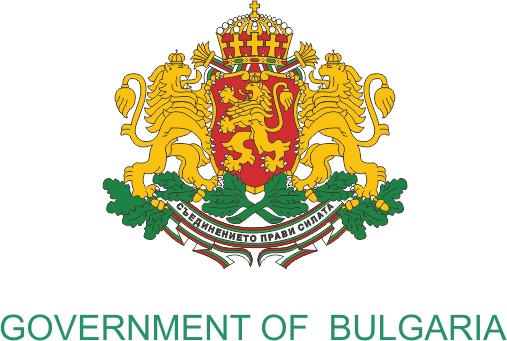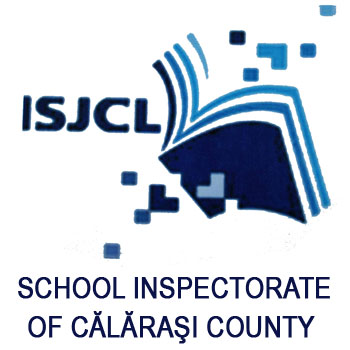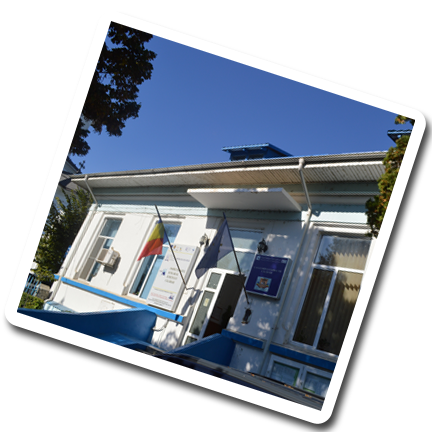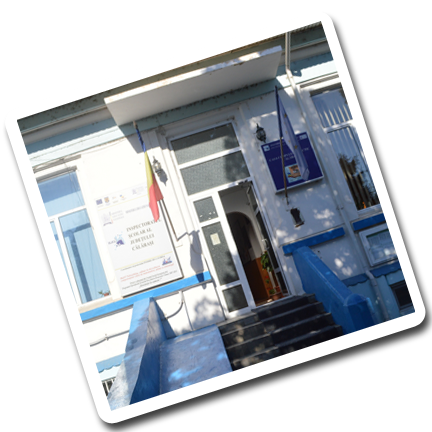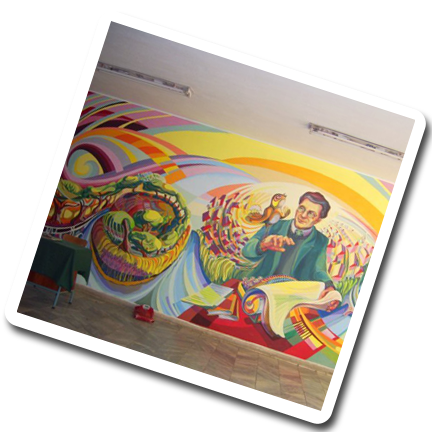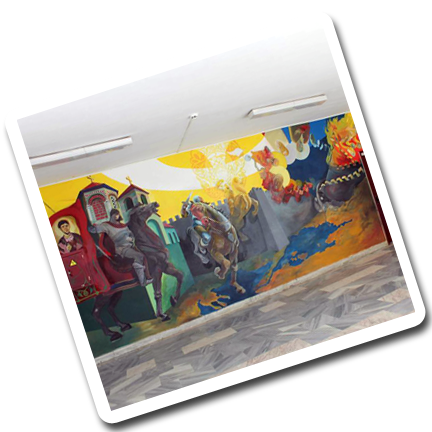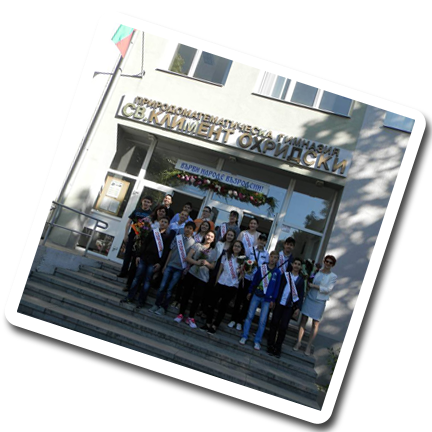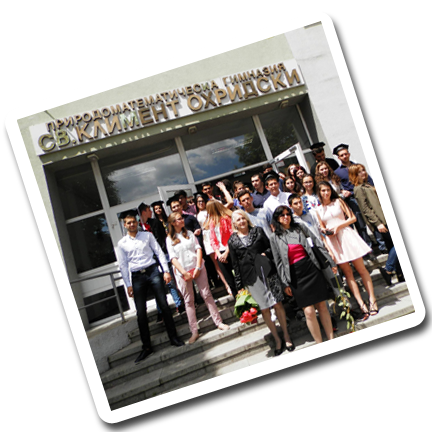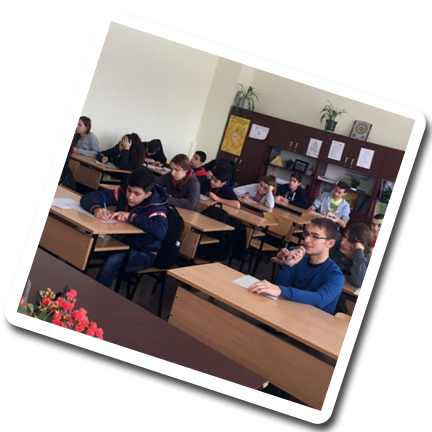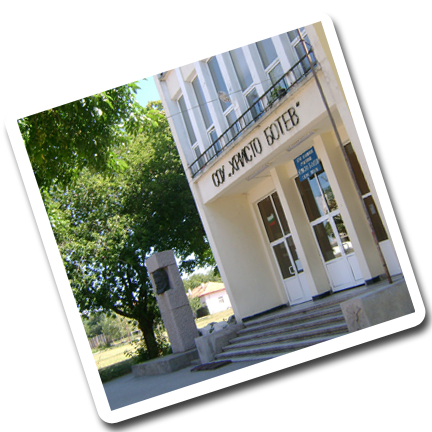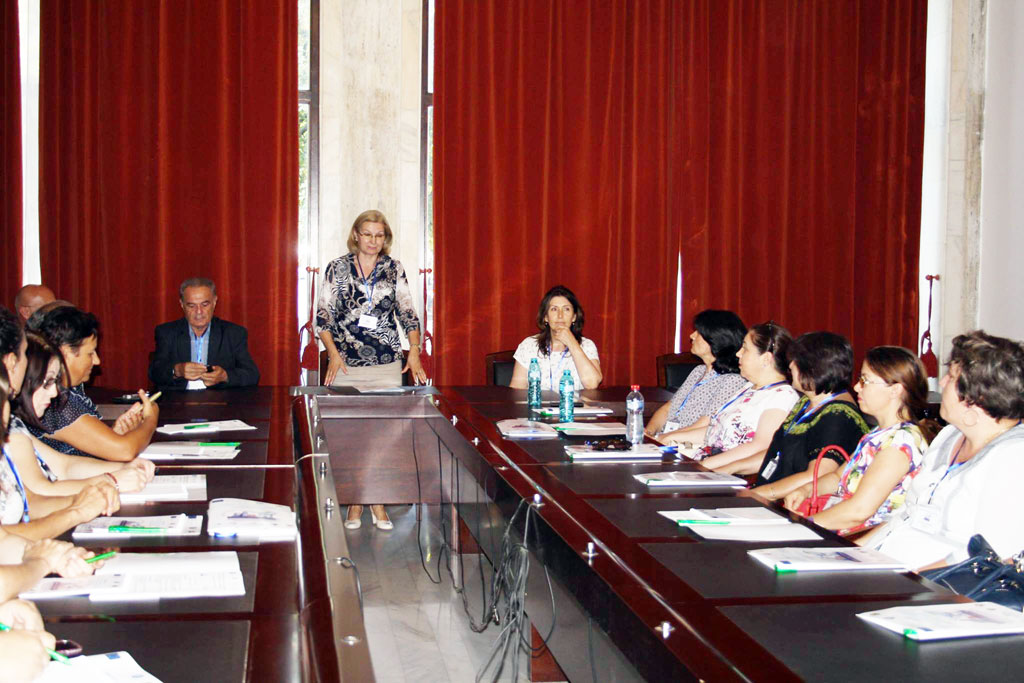
On Calarasi, occurred the first activity of the Romanian - Bulgarian project "Coordination of common policies and investments in equipment in the field of cross - border education" / "CBC for MaST education" took place, after it was launched in Veliko Tarnovo. The project is implemented by the County School Inspectorate (ISJ) Calarasi in partnership with Bulgaria.
The project manager, Prof. Constantin Tudor, former ISJ Calarasi general school inspector, stated at a press conference that the project is also trying to implement a science-based education but also to have a strong technical support. "Dear colleagues, this is the second important action in our project after the official opening in Veliko Tarnovo. This project is implemented by a mixed team of ten experts, whose project manager is me, the 24-month project manager and the MaST project. From the Romanian team, besides the undersigned, are the professor Steluţa Caraion, Professor Klaus Nicolae Micescu - scientific coordinator, Professor Corina Diaconu - responsible for innovation and creativity workshops, Cati Mateescu - financial manager and counselor Maria Ene - Responsible for communication problems. The Bulgarian partners have the project manager assistant from Veliko Tarnovo Lyceum. Veliko Tarnovo has two experts in this project, colleagues from Tutrakan have an expert in project staff and Silistra neighbors have an expert in the project staff. The eight high schools, to understand what is happening today (no Friday, September 8), tomorrow (no - Saturday, September 9th) and the following day (no - Sunday, September 10th) in Calarasi, create their own staffs for development the Romanian high schools and the creation of Bulgarian-born chickens in the Bulgarian high schools, ie innovation and creativity workshops. The biggest gain of the project is the achievement of nearly 90,000 euros in each of the eight lyceums, five Romanians, three Bulgarians, facilities that will meet the teachers and pupils in scientific disciplines, mathematics, computer science. We also try to implement an idea through this project: the need to change the paradigm in high school education in Bulgaria and Bulgaria, that is to say, the implementation of a science-based education, but also a strong support technical. Thus, what is conveyed from the contents of lessons needs to be strengthened by practical actions in appropriately equipped laboratories. It is a truth that is no longer to be demonstrated, it is an axiom that in Romania, at least at high school level, here is the big problem, namely the lack of proper equipment in chemistry, physics, biology and even computer science laboratories. In a few words, we are going to follow this through our project, which has two well-defined sides: the practical side and the side can be called the theoretical, but rather the convincing side of the decision-makers to change profoundly attitude towards science and technology. We will meet our dear friends in Bulgaria, twice in Calarasi and once in Veliko Tarnovo, we will draw conclusions here in Calarasi, which is why I wish you a lot of health and work power ", declared the project manager" CBC for MaST education".
Also, the deputy school inspector of ISJ Călăraşi, Steluţa Caraion, said: "I am glad that today (no - Friday, September 8) the County School Inspectorate has this meeting in Călăraşi in connection with the work activity within the project through which we , as an institution, I started with my soul and I had great satisfaction when I received his approval. I want to thank our friends and partners in Bulgaria without whom we would not have been here and I want to say that when we started with this project idea we were considering expanding the idea of a great project which the ISJ has implemented, across the border, respectively to our Bulgarian friends. This is the MaST project, which the inspectorate carried out in the period 2010-2013, in partnership with five other inspectorates in the country, a project we pride ourselves on. What brings novelty to our cross-border project 'CBC For MaST Education' is that we want to create a special framework for students through workshops so that they can use their creative potential. The aim of the project is to develop together with Bulgarian partners the MaST-mathematics, science and technology field and the eight schools that will benefit from the endowment of the workshops will provide pupils with the necessary conditions to capitalize on their creative potential and certainly the action will bring a plus of the value of the whole didactic act within those schools. I wish you success in implementation and I wish that at the end of the 24 months of implementation, we will be happy to see that the work we are doing achieves the goal of the project."
Klaus Micescu, the scientific coordinator of the project, said: "The eight high schools will be equipped with approximately 90,000 euros. The equipment consists of: Physics, Chemistry, Biology, Measuring Instruments, A Performing Telescope, Mini Planetarium, An Electronic Microscope, Robot, Demonstration Laser, Weather Station, 3D Printer, a workbench equipped with tools we no longer have well-equipped professional schools, graphics software packages, a software set for a workshop, and we will have exhibitions, which will have a stand each school. The implementation period of the project is April 2017 - April 2019. The workshops will have the purpose to develop our curiosity and passion for everything that surrounds their children, and that means we have done our duty. The project aims to create a framework for stimulating curiosity through these workshops. The main objective of the project is the joint development of this field: mathematics, science and technology. We have two main objectives: creating and equipping the workshops in the eight specified high schools and developing a joint program for the future development of this area. And in Bulgaria and Romania these subjects are being studied separately, so such a workshop comes in addition and allows the child to have an overview so that these disciplines can get their hands on this workshop. The project will consist of three periods we will set together for five to six months, in which each school will work independently at a miniproject, followed by an exhibition in which we will inspect our products, they will be judged by an independent jury and awarded to all. There will be three working periods with three exhibitions. Two exhibitions will be in Calarasi and one in Veliko Tarnovo".

